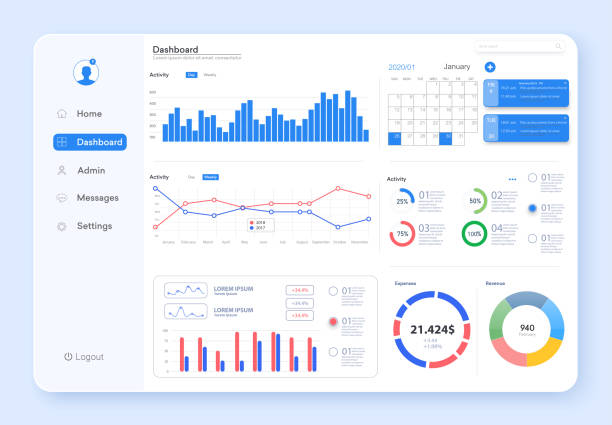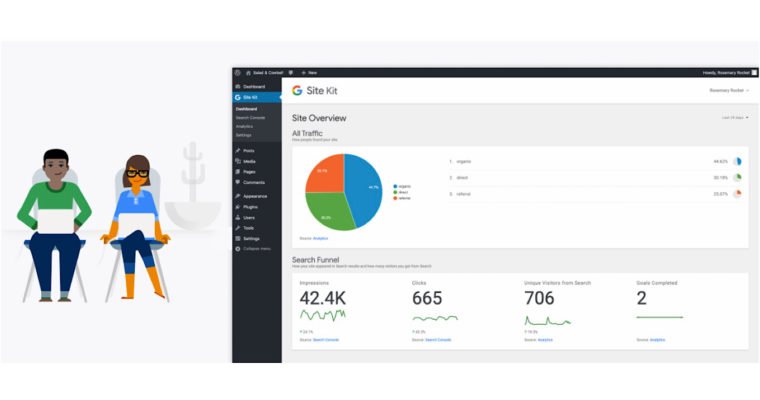If you own a website, one of the most important things you should do is track website performance. Think of it like this: if you had a physical shop, you’d want to know how many people visit daily, which products they like most, and how long they stay inside, right? The same applies online. Without checking how your site is doing, you might be losing visitors and customers without even knowing it.

Let me break it down, your website isn’t just a digital brochure. It’s more like a living, breathing part of your business. Now, people visit it every day to learn about you, your services, or your products. This means that if you don’t track website performance, you’ll miss out on valuable insights like what’s driving people away, which pages are working, and how fast your site loads.
Now, to quickly answer the big question: how do you track website performance? The simple answer is; you use tools. These tools show you numbers, reports, and even visuals that explain how well your site is performing. But there’s no single tool that does everything. That’s why using a mix of them gives you the best results.
Let’s go deeper and talk about the 5 of the best tools to track website performance and see how they can help you improve your site.
Best Tools to Track Website Performance
Google Analytics
Google Analytics is hands down the most popular tool to track website performance. Why? Because it gives you almost every detail about your visitors like how they found your site, which country they’re from, what device they’re using, and even how long they stay on each page.
Imagine you run an online store. With Google Analytics, you can see how many people landed on your product page, how many clicked “add to cart,” and how many actually bought something. That’s powerful information you can use to make better business decisions.
Google Search Console
Now, while Analytics shows you what’s happening on your site, Google Search Console shows you how your site performs on Google Search. This tool is another must-have to track website performance because it tells you which keywords people are typing in to find your site, which pages show up on search results, and if Google is having trouble indexing your pages. Think of it like your direct line to Google, it even alerts you if there are errors, broken links, or security issues.
GTmetrix
Nobody likes a slow website. In fact, studies show that people leave a site if it takes more than a few seconds to load. That’s where GTmetrix comes in. This tool helps you track website performance by analyzing your website’s speed and pointing out what’s slowing it down.
For example, it might tell you that your images are too large or that you have too many plugins. Fixing these issues can make your website faster, which means happier visitors and better search rankings.
SEMrush
If SEO is a big part of your business strategy, SEMrush is a game-changer. It’s one of the most detailed tools to track website performance in terms of search engine optimization.Well, with SEMrush, you can check where your site ranks for specific keywords, analyze your competitors, and run a full SEO audit to see what’s working and what needs improvement.
Hotjar
Data and numbers are useful, but sometimes you need to see what real visitors actually do on your website. That’s where Hotjar shines. It helps you track website performance using heatmaps and session recordings.
Heatmaps show you where people click, how far they scroll, and which areas they spend the most time on. Watching session recordings can also reveal if people are getting stuck or confused on certain pages. This way, you can make smart design changes that improve user experience.

Conclusion
At the end of the day, if you want your website to grow, you have to track website performance consistently. That is why tools like Google Analytics, Google Search Console, GTmetrix, SEMrush, and Hotjar come in handy. They all play a unique role in helping you understand what’s going on with your site. By using these tools regularly, you’ll know what to fix, what to improve, and how to keep things running smoothly.
So don’t just build a website and forget about it. Keep an eye on its performance, make improvements, and watch your business grow.
However, if keeping up with your website feels stressful, don’t worry, you don’t have to do it alone. The team at Albanny Technologies can help you sort out the performance side of things. Just reach out, and we’ll give you a quick quote to get started.
Benson is a Senior Digital Strategist at Albanny Technologies with over 5 years of experience in high-end web development and technical SEO. Specializing in helping Nigerian businesses scale their digital footprint, he translates complex technology into actionable growth strategies. When he’s not auditing site performance, he’s mentoring the next generation of tech talent in West Africa














